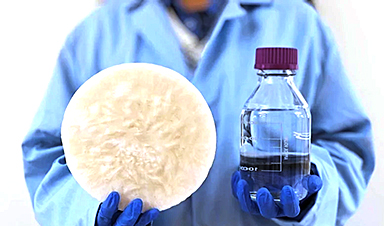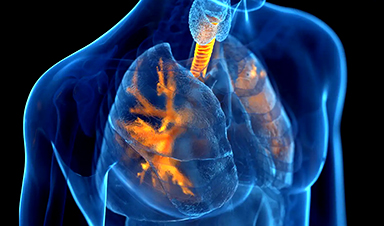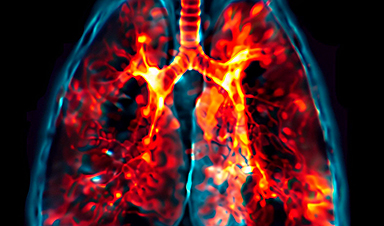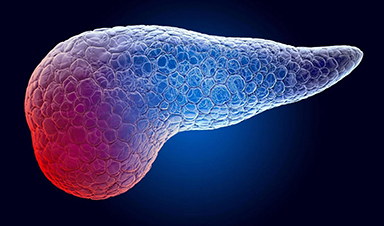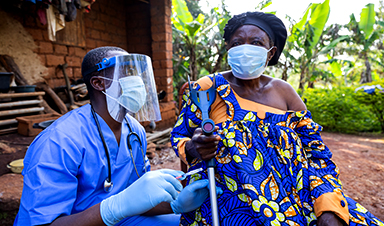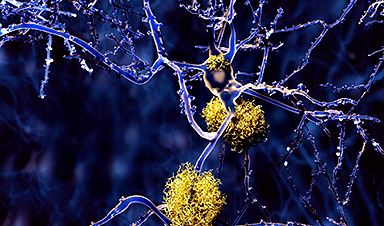What Scientists Just Discovered About COVID-19’s Hidden Death Toll
COVID-19 didn’t just claim lives directly—it reshaped mortality patterns worldwide. A major international study found that life expectancy plummeted across most of the 24 analyzed countries, with additional deaths from cardiovascular disease, substance abuse, and mental health-related issues. While some countries, like Japan and South Korea, fared better, Eastern Europe and the U.S. saw devastating losses. [...]


